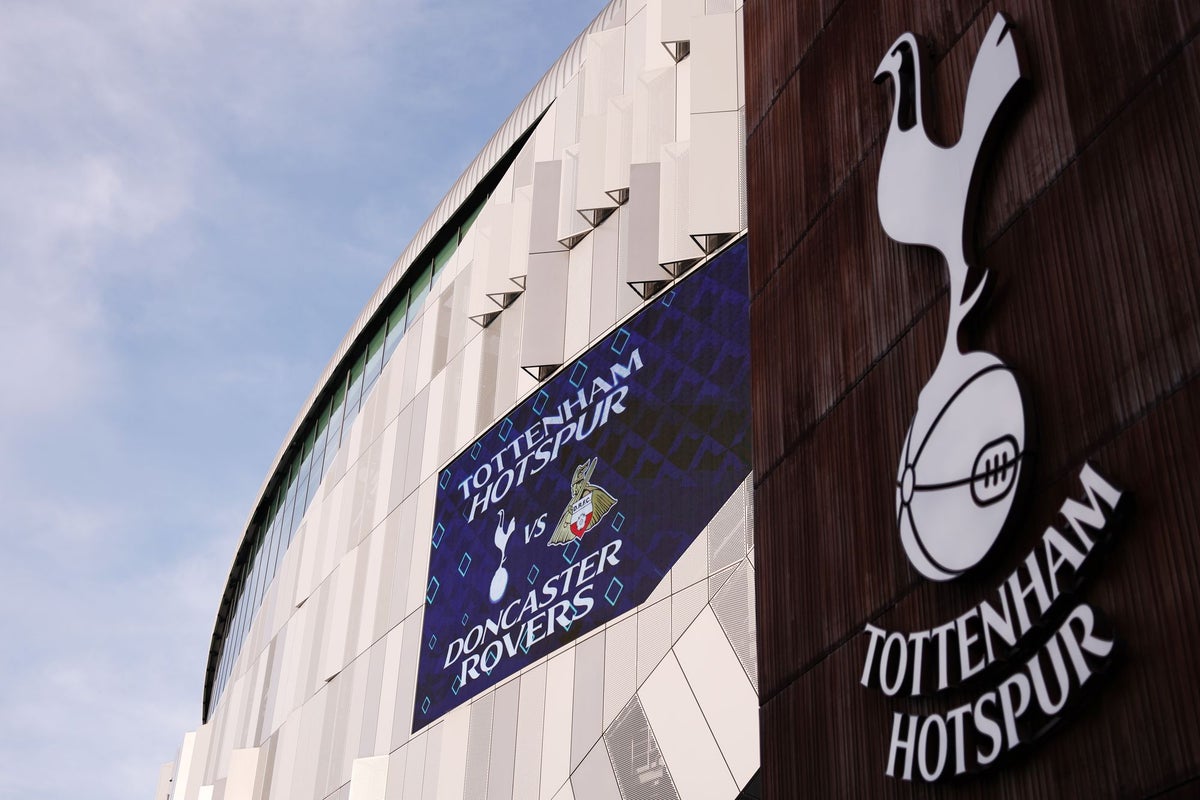Leeds vs Tottenham betting tips
Leeds have surprised many since they returned to the Premier League and will hope to add to their points tally when they welcome Tottenham to Elland Road in Saturday’s early kick-off (12.30pm, live on TNT Sports and Discovery+ app).
The Yorkshire outfit have eight points from their opening six games, including wins over Everton and Wolverhampton Wanderers, while you have to go back to February for the last time they lost a home game in any competition.
Spurs have also started well under new boss Thomas Frank. They have lost just one game so far, beaten 1-0 at home by Bournemouth, but they currently sit fourth in the table with 11 points from their six games.
They have beaten Burnley, Manchester City and West Ham, but have drawn three of their last four in all competitions, being held by Brighton, Wolves and Bodo/Glimt, the latter result coming in the Champions League.
Betting sites make Tottenham favourites to get back to winning ways, although not by much with the Premier League odds for this fixture suggesting a tight encounter.
Leeds vs Tottenham preview: Spurs to continue their run
Leeds have lost nine of their last 11 Premier League games against Saturday’s opponents, including each of their last four dating back to 2021 when goals from Stuart Dallas, Patrick Bamford and Rodrigo earned the home side a 3-1 win.
Spurs have scored four goals in each of the last three meetings, and the last two visits to Elland Road have ended in 4-1 and 4-0 wins for the away side. If Spurs can win again this weekend, then it will be the first time they have beaten Leeds three times in a row away from home.
Although they conceded five away at Arsenal earlier in the season, Daniel Farke’s side are a lot stronger defensively than the sides that conceded four goals on three separate occasions, but it’s still hard to see beyond a Tottenham win.
The big thing in Leeds’ favour is that Tottenham were away in Norway in midweek, where Bodo/Glimt held them to a 2-2 draw in the Champions League.
But Farke’s side haven’t won any of their last 11 Premier League matches that have kicked off before 3pm, since a 3-0 win over Chelsea in August 2022 that kicked off at 2pm.
Leeds vs Tottenham prediction 1: Spurs to win - 6/4 Bet365
Leeds vs Tottenham best bets: Richarlison to mark PL milestone
Spurs striker Richarlison is in line to make his 250th Premier League appearance, becoming only the fifth Brazilian to reach the milestone.
Only Willian, Ederson, Fernandinho and Roberto Firmino have played more games in the competition, and he would love to be celebrating with a goal as well.
In six previous appearances against Leeds, he is yet to score, but he has been on the winning side four times.
He has scored 67 league goals in his previous 249 appearances, including three so far this season against Burnley and Brighton. He scored twice in the 3-0 win over the Clarets, in the first game of the season, and football betting sites are offering 14/1 on him doing it again.
Leeds vs Tottenham prediction 2: Richarlison to score at any time - 21/10 Betway
Leeds vs Tottenham team news
Leeds vs Tottenham predicted line-ups
Leeds have found their scoring touch recently with five goals in the last two games and Parimatch are giving bettors the chance to back the Whites to score again on Saturday at enhanced odds of 30/1.
This offer is only available to new customers who open an account with Parimatch, opt in to the offer and then make a first deposit of £5 or more.
Next, wager a maximum of £1 on Leeds to score in the match market at the normal odds. Should the Whites find the back of the net, Parimatch will pay out in cash on the £1 wager with the extra amount credited in free bets to bring the total return up to 30/1.
If you’re having a bet on Leeds vs Tottenham, remember to practice responsible gambling.
Betting can be addictive, and it’s important to stay in control of your gambling, whether you’re using the best betting sites, casino sites, slot sites, bingo sites or any other gambling platform.
Never treat gambling as a way to make money, never bet more than you can afford and when the fun stops, stop.
Gambling sites offer punters tools, like deposit limits, profit and loss trackers and self-exclusion options, to help you stay in control.
Try not to get carried away by free bets or casino bonuses, which are widely available on gambling apps.
But if you ever feel like you need help or advice on gambling addiction, don’t hesitate to contact one of the charities or organisations below.
We may earn commission from some of the links in this article, but we never allow this to influence our content. This revenue helps to fund journalism across The Independent.







